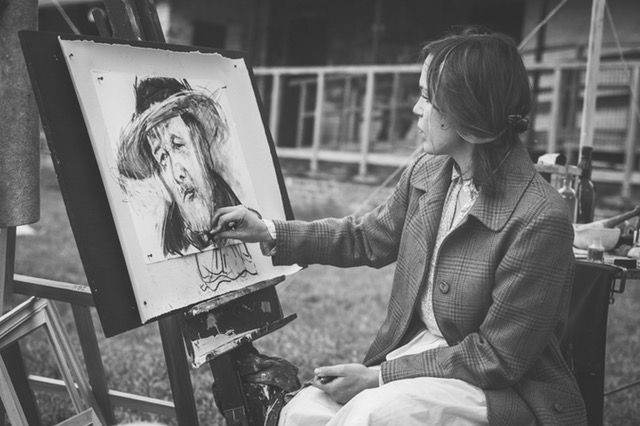Always Late To Work? Science Argues Night Owls Should Sleep In To Reach Peak Energy In Job

Most of us fall into one of two categories: an early bird or a night owl. Morning people are most productive early in the day, while night people are more creative when burning the midnight oil. Now, researchers at the University of Sydney suggest night owls should sleep in, and start work later to reach peak energy to maximize their productivity.
The study, published in the Academy of Management Review, found individuals are biologically predisposed to work better at different times of the day, known as "chronotype diversity." This means early birds are more likely to reach high productivity in the morning as energy levels decrease later on; night owls are less productive in the morning, and experience a surge of energy in the evening. There's also another group of individuals who fall into the "intermediate" category; they experience an energy peak in the middle of the day, before dwindling down in the evening, but they’re susceptible to low energy in the morning.
Read More: 23andMe Finds 15 Genes In Human Genome Linked To Being A Morning Person
It's important for us and employers to understand every team members' chronotype to maximize the group's collective potential.
“If team members fail to recognise their chronotypes, they may time and pace their work suboptimally in ways that do not coincide with their energetic peaks,” wrote the authors, in the study.
To examine how chronotype diversity affects work productivity, the Australian researchers observed people in different occupations, from emergency workers to surgical teams.
They noted emergency service workers, surgical teams, orchestras, and executives in long board meetings worked better when they consisted of groups of people who had similar body clocks. Meanwhile, careers that contain a mix of morning and night people worked best in long-haul flight crew and pilots, nurses on long shifts, and police carrying out surveillance. This chronotype diversity was successful when at least one team member worked during their peak energy at different times of the day.
"[W]hen teams recognise their differences in chronotype, diversity can act as a resource and increase the quality of team interactions, because team members can use their understanding of their energy differences to allocate tasks and schedule the flow of work throughout the day," they wrote.
Previous research has found energy peaks do occur at different times during the day for various chronotypes. For example, night owls have an energy peak that naturally occurs in the evening, making them feel refreshed and ready to take on the night. This is great for their productivity, and it's something early birds do not have. Early birds experience this energy burst in the morning after they wake up.
Read More: The Neuroscience Of Why Morning People Struggle On The Night Shift
So, is one more advantageous than the other?
Many conventional jobs function under the 9-to-5 mold, suggesting early birds would have the advantage over night owls. However, there are various jobs that rely on both energy peaks of early birds and night owls to operate successfully.
Whether we’re a morning person or a night person, we must learn how to use our high energy peaks to our advantage day and night.
Source: Volk S, Pearsall M, Christian M et al. Chronotype diversity in teams: Toward a theory of team energetic asynchrony. Acad Manage Rev. 2017.
See Also:
Early Bird Or A Night Owl? What Your Sleep Schedule May Say About Your Health
Want To Change From A Night Owl Into An Early Bird? Go Camping
Published by Medicaldaily.com



























